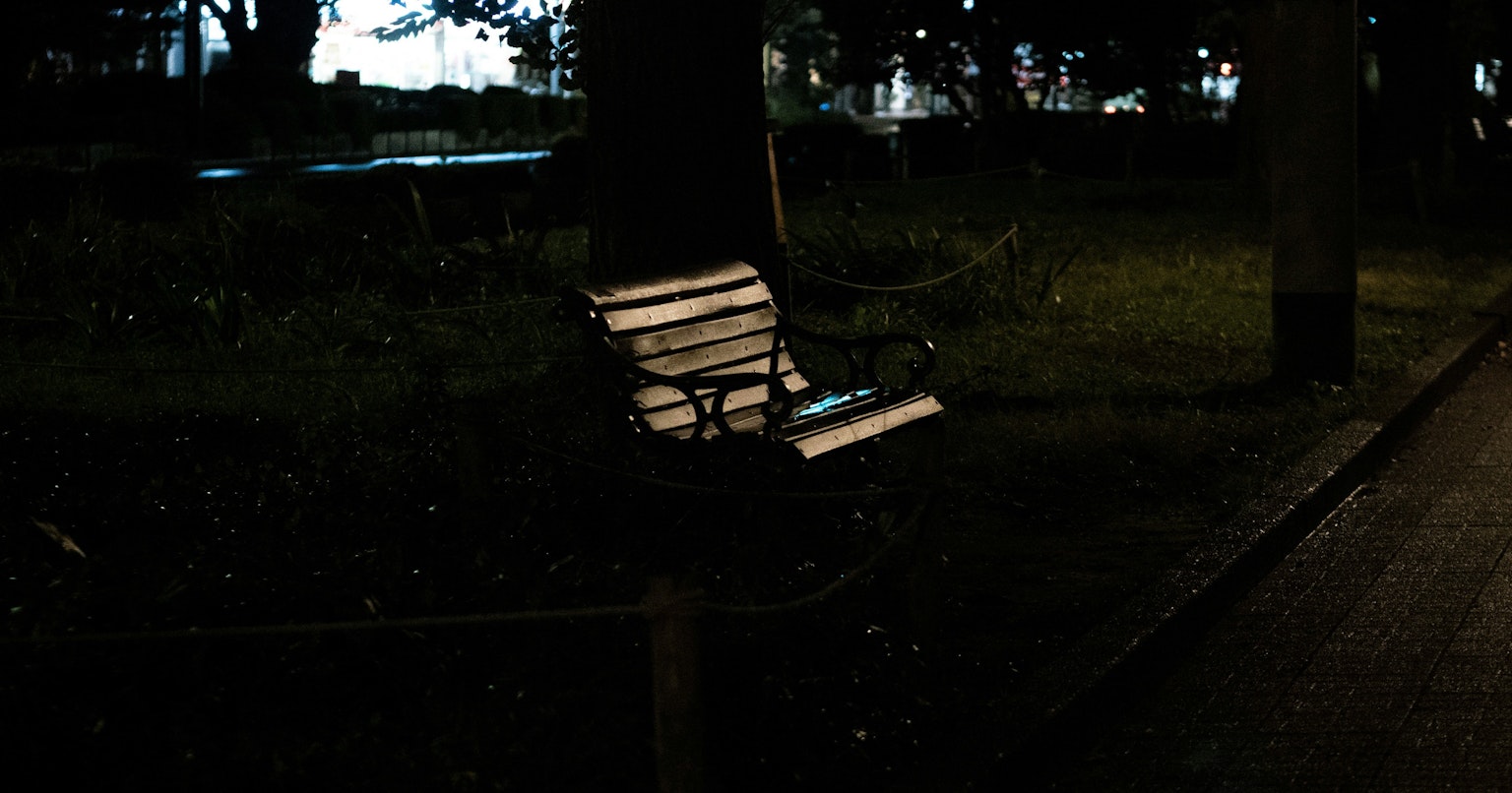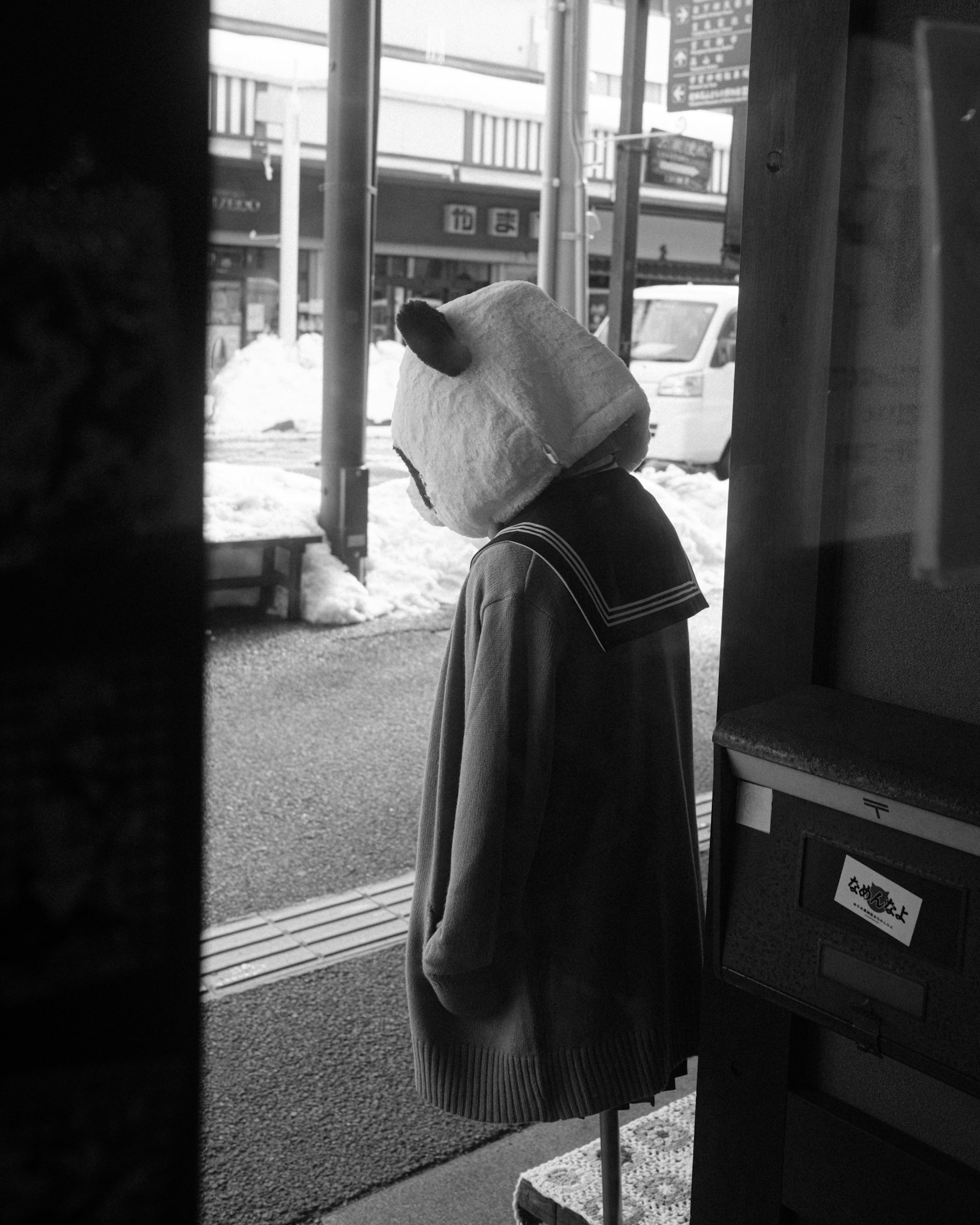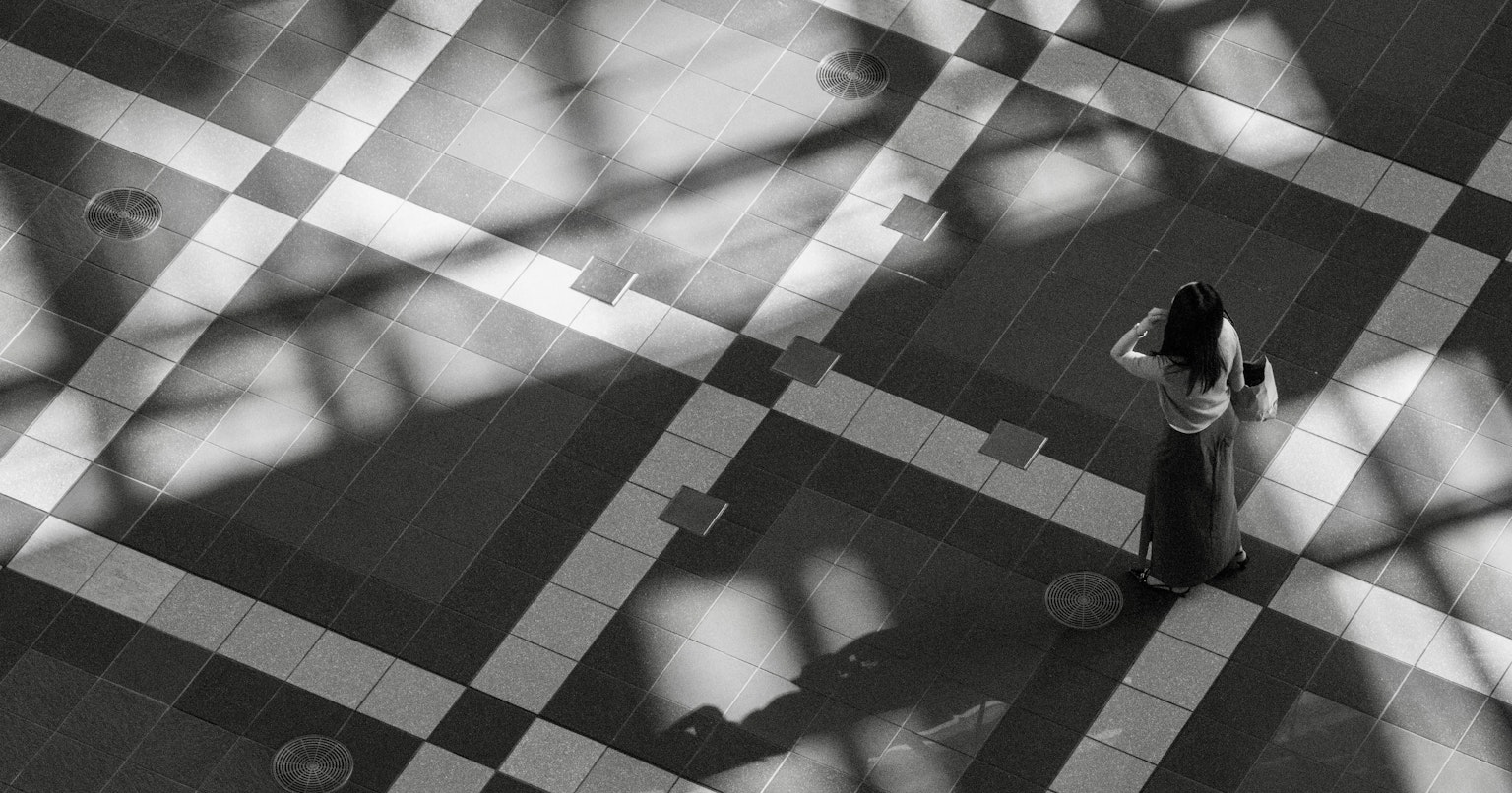
Cover photo by Amo
When photographing “solitude,” it is not necessarily a negative concept. Rather, it is a deep and quiet call that resonates with emotions that cannot be shared with others.
In this article, we explore why photographing solitude resonates with others and share ideas for expression.

Photo by tk
Silence Reflects Emotions
Photographs that evoke solitude often contain spaces and silence. Even if there are no people in the frame, there is often a “trace of someone’s presence” captured within. This lingering feeling makes viewers think, “I understand.” Emotions are not conveyed through words but emerge in the silence.

Photo by kie
Capturing Not Solitude Itself, but Its Presence
Solitude is an invisible emotion. However, its presence can be captured. The twilight glow, a chair placed apart, a distant gaze through a window—these elements create a space where viewers can project their own emotions. This “space” becomes the room for resonance.

Photo by ワイ。
Resonance Emerges When You Accept Your Own Solitude
To photograph solitude beautifully and sincerely, you need to confront the quietness within yourself. This is not sadness but a profound understanding that is reflected in the photograph. A journey into the depths of your heart will undoubtedly reach someone who carries the same quietness.

Photo by Ray



